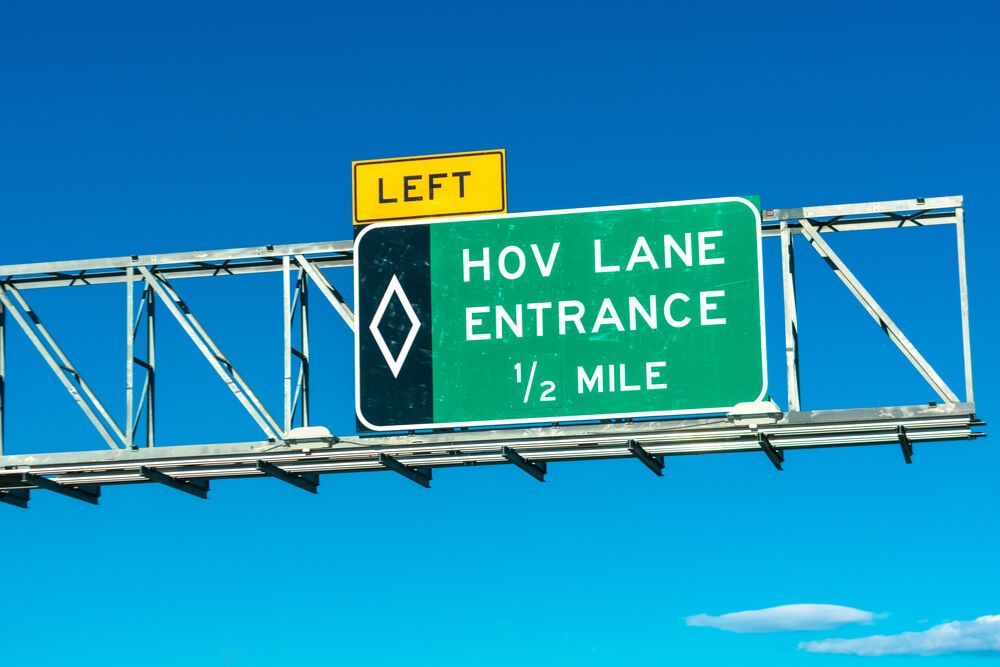What Is Gross Negligence?
Recent Blog Posts
What Is Gross Negligence?

Gross negligence is a legal term that can apply in serious personal injury cases when someone’s actions go beyond ordinary carelessness. It refers to conduct so reckless or extreme that it may lead to civil liability and, in some cases, punitive damages. If you're involved in an injury claim and believe someone showed this level of disregard for your safety, it's important to understand what gross negligence means under the law.
What Is the Definition of Gross Negligence?
The definition of gross negligence is a severe lack of care or reckless disregard for the safety, rights or lives of others. For example, a driver speeding excessively through a crowded pedestrian area, knowing the high risk of harm, could be considered grossly negligent. This level of negligence is not just about making a mistake. It involves a willful ignorance of a substantial and obvious risk.
Compared to ordinary negligence, which is a failure to exercise reasonable care, gross negligence has harsher legal consequences.
What Is the Difference Between Willful Negligence and Gross Negligence?
Gross negligence refers to extreme carelessness or reckless behavior. In contrast, willful negligence, sometimes referred to as “willful misconduct,” implies a deliberate intent to harm. While both involve a disregard for safety, willful negligence requires a conscious decision to act dangerously, whereas gross negligence involves a severe failure to act with reasonable care, without necessarily intending harm.
How Do You Prove Gross Negligence?
Proving gross negligence requires more than showing that someone made a careless mistake. To build a strong case, you’ll need to show that the person owed you a duty of care, that they breached that duty through extreme or reckless actions, and that their conduct directly caused your injury or loss. Evidence might include:
- Eyewitness testimony
- Expert analysis
- Safety violations
- Video footage or photos of the accident scene
- Medical records
In many cases, proving gross negligence also involves showing that the risk of harm was obvious and that any reasonable person would have acted differently. These cases can be complex, so it’s often best to hire a personal injury lawyer who can help gather the right evidence and present a compelling legal argument.
What Are Acts of Gross Negligence?
Common examples of gross negligence include driving under the influence of alcohol or drugs, performing medical procedures without the necessary qualifications, or failing to maintain essential safety equipment in hazardous work environments. Each of these acts demonstrates a severe lapse in judgment and responsibility, significantly increasing the risk of harm.
The law recognizes that such egregious actions deserve greater accountability, often resulting in higher compensation for victims in personal injury cases. By holding individuals or entities accountable for their negligence, the legal system aims to reinforce the importance of exercising care and responsibility in actions that could impact the safety and well-being of others.
Gross negligence can have consequences beyond personal injury claims, including serious professional repercussions.
Can You Be Dismissed for Gross Negligence?
Yes, individuals can face severe consequences, including dismissal from employment, for acts of gross negligence. For example, a construction supervisor who knowingly overlooks mandatory safety checks, leading to a workplace accident, could face dismissal. This kind of disregard can result in job loss and even legal action, especially when it leads to injury or death.
The Occupational Health and Safety Administration (OSHA) requires employers to maintain safe working environments. Blatant disregards for workplace safety violate OSHA regulations and can lead to severe consequences.
Get Help From Lawyers Who Know What Gross Negligence Involves
In cases involving gross negligence, the consequences can be significant, not just in terms of liability but also in punitive damages. If you believe that your injury case involves gross negligence, having a lawyer on your side can make a significant difference. They can help gather strong evidence, build a clear legal argument and pursue the full compensation you're entitled to.
At Sargon Law Group, our experienced team of personal injury lawyers can help you understand what gross negligence means in the context of your case and assist you in pursuing the appropriate compensation based on the specific circumstances of your case. We know how to identify reckless behavior, gather strong evidence, and guide you through the legal process to help build a strong claim.
Contact us today for a free consultation.





